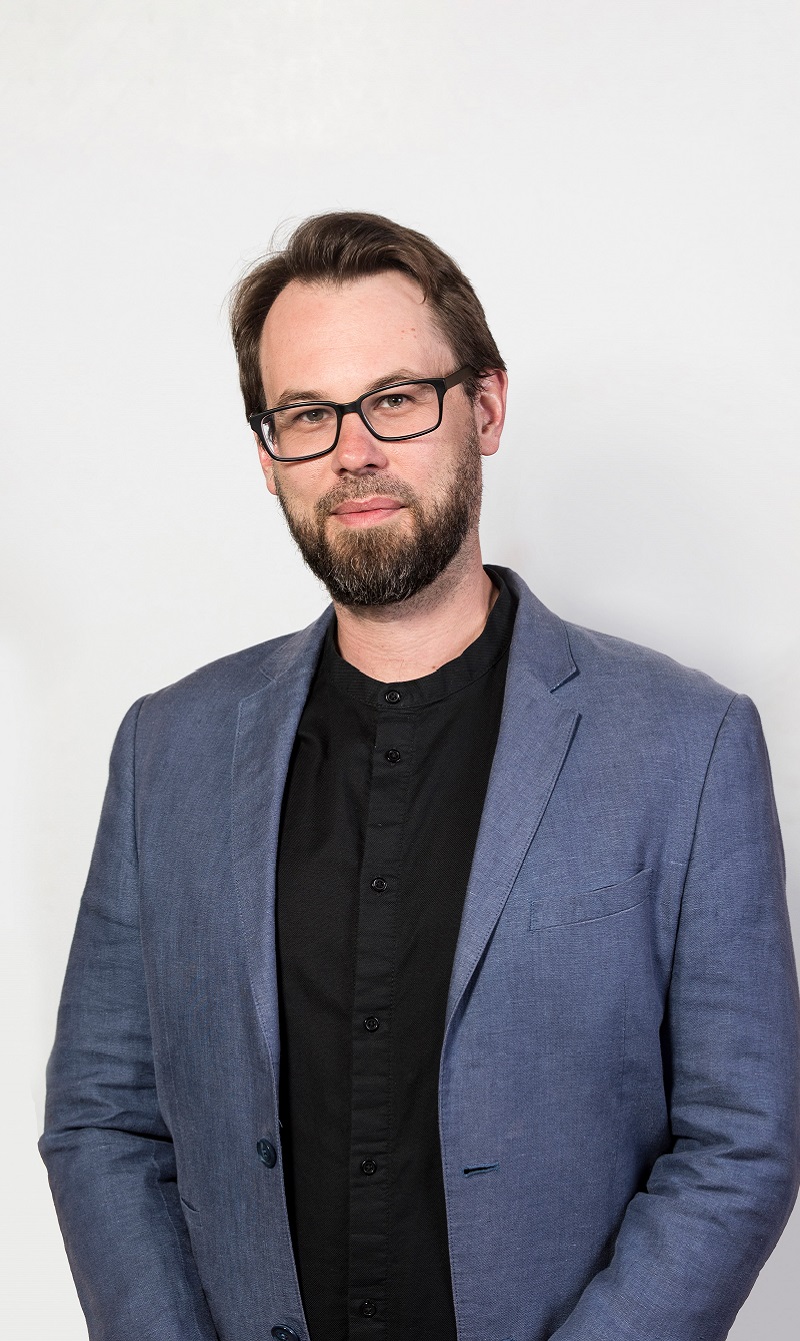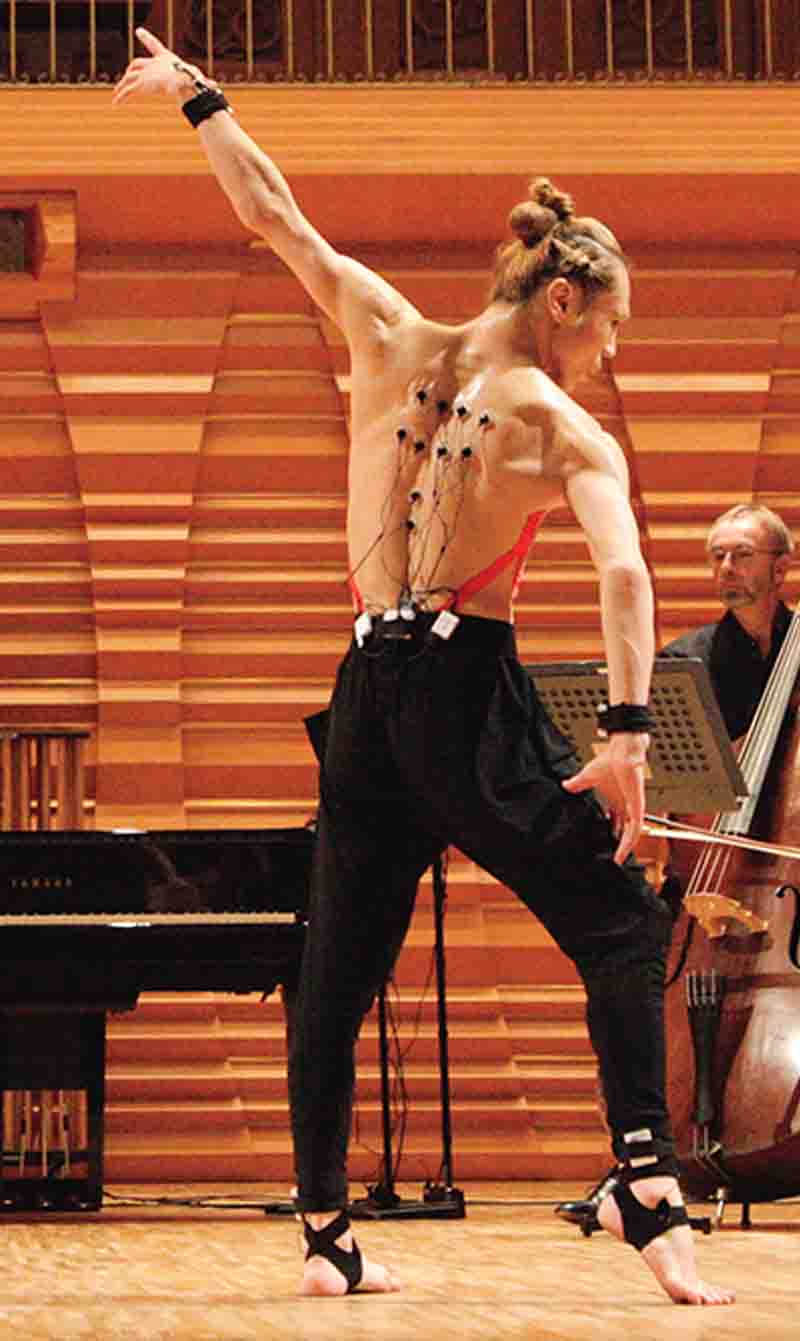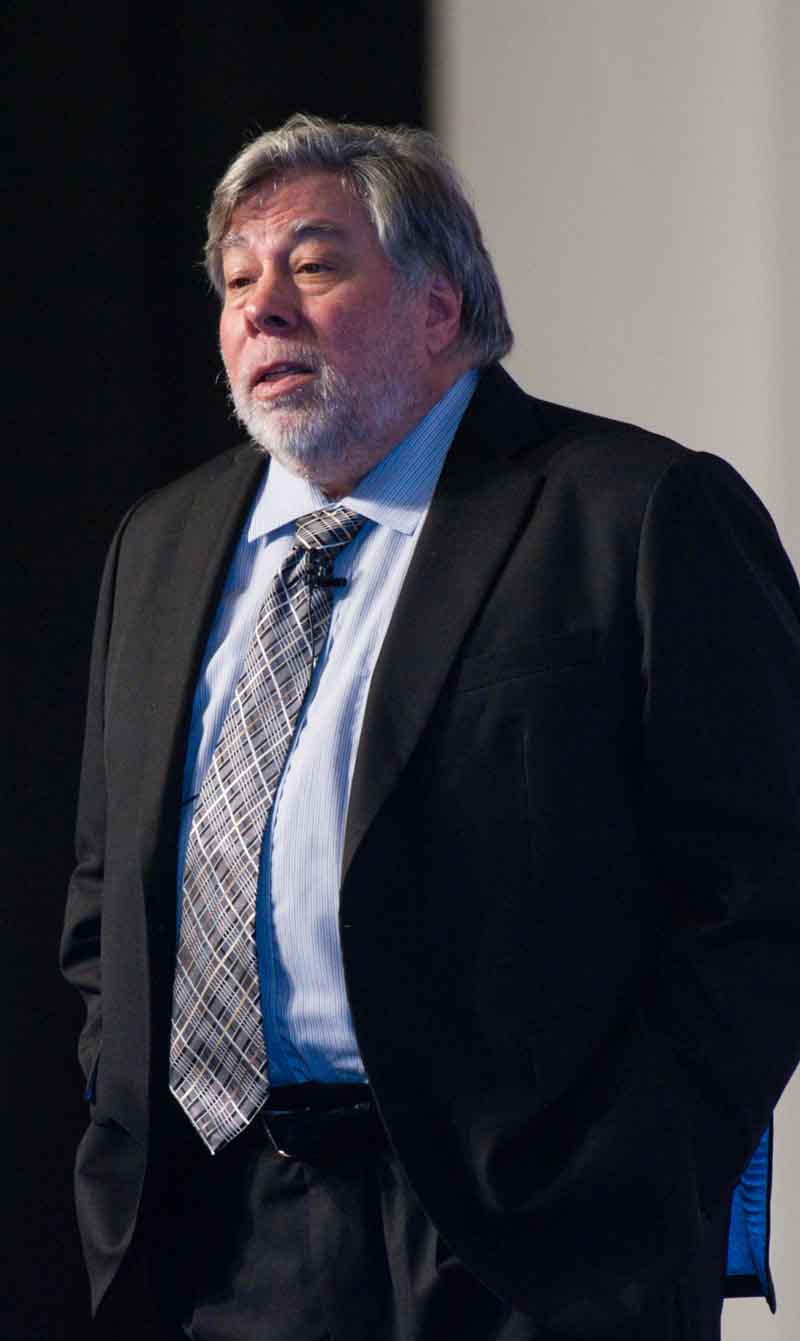Entrepreneurship: A platform for peace
Entrepreneurship can be a platform to promote peace, despite being inherently competitive and capitalist in nature. The disruptive value of new enterprises, the empowerment of women and the promotion of business ethics can encourage fairness and equality in entrepreneurship.
Bringing value to people
Can there be peace when natural resources are depleting even as enterprises are growing larger? Chokri Mousaoui, CEO of Eternal Sun in the Netherlands, believed that entrepreneurship and sustainability did not have to be mutually exclusive.
‘Entrepreneurship is where you come up with an idea that is disruptive and brings value to the world, and you have the courage to do it. All entrepreneurs aim to create prosperity, welfare, employment and, of course, value for the rest of the world,’ he said.
‘entrepreneurship is not going to work if you don’t bring real value to a critical mass of people.’
Mousaoui argued that enterprises that evolved over the past two decades all began with the goal of providing solutions to the lack of resources in their environments. The progress of renewable technology was a prime example:
‘I see so many developments happening where value is generated to make sure that solar energy is affordable for everyone, especially the poor living in remote areas, while at the same time generating a higher yield. When everyone has power, children can learn at night and they can go to school even when it is dark in the morning because the roads are lit,’ he said.
Arguing against the idea that entrepreneurs were concerned only with profit, Mousaoui added that ‘entrepreneurship is not going to work if you don’t bring real value to a critical mass of people.’
From the floor, Ebrahim Patel, Chair of the WIEF Young Leaders Network, agreed that today’s entrepreneurs were a different breed. ‘Research has shown that 70 per cent of companies listed on the S&P 500 index will not exist in the next 30 years because destructive technology is creating a fragmentation of big businesses, which has created opportunities for small entrepreneurs. Small entrepreneurs have been driven by Gen Y, who have a different perspective on profitability and the role that they play in shaping the outcome of the world.’
No peace without the empowerment of women
Peace is predicated on equality not just among different strata of society but between genders as well: ‘There is no such thing as entrepreneurship for peace if it doesn’t include empowerment of women,’ said moderator Kamarul when asking speakers if entrepreneurship was biased towards the men.
Freda Miriklis, who is co-chair of the Commonwealth Businesswomen’s Network, agreed that economic inequality still existed between the genders: ‘The power base is still mainly in the hands of men. The decisions that they make, therefore, do not seem to be equal,’ she said.
‘Until we respect the human rights of every person and allow them the opportunity to live up to their God-given potential, we will always struggle with the economic models that are currently in place.’
Miriklis cited the World Bank and International Finance Corporation’s report on women, business and the law, which showed how women were still economically disadvantaged. ‘Out of 173 countries, 90 per cent have at least one barrier that does not enable a woman’s economic empowerment, whether it is the lack of access to jobs and finance or the fact that she cannot own property.
‘If we were to break down these restrictions and create an enabling environment for an inclusive economic model, we could actually solve all the world’s problems,’ she said.
Patel argued that women controlled GBP13 trillion of the global economy as well as 85 per cent of all purchases that took place. ‘We need to shift the debate away from women being marginalised and make certain that they take advantage of the strength that they have. ‘Women-nomics’, which is the economics of women, would be far bigger than the economies of China, India and the US,’ he said. Miriklis agreed that women already have tremendous power: ‘There are 200 million women entrepreneurs in over 67 economies who have either started businesses in the past five years or are starting businesses, and there are about 98 million women entrepreneurs who are already running established businesses.’
But if women were to thrive as innovators and thought-leaders, they need an enabling environment in which discriminatory practices and barriers were eliminated, she added.
While some of the speakers proposed the use of quotas to assist women entrepreneurs, Mousaoui disagreed, saying: ‘You cannot force a specific group of people to become entrepreneurs. An entrepreneur is someone who sees a problem and has an idea about how to solve it. It is based on meritocracy and character.’
Members of the audience argued that there were circumstances in which quotas were justified, such as for rural and marginalised women. One example provided was Kenya’s affirmative action policy to ensure that 30 per cent of all government procurement involved women and youth.
Driven by ethics, not profit
Aziz Senni, founder of Impact Partners in France, spoke from the perspective of business ethics, saying: ‘Ethics is very important and is not incompatible with commercial development or entrepreneurship.’
‘What brought peace and prosperity to Europe? It was a commercial agreement between France and Germany: both decided to forget the past and work together to build two locomotives that pushed Europe to the top.’
He believed that entrepreneurship could be a factor in promoting peace because entrepreneurship began with people knowing one another. ‘It is going towards the other person and accepting their differences. It is a relationship based on convergent interests and mutual trust, and building on that ethically,’ he said.
For Senni, the question was not whether profit was illicit but about how to gain profits ethically. ‘It is a philosophical question about the use of a tool: if you give a hammer to a handyman, he will build you a house. If you give a hammer to someone who does not know how to use it, he may become very violent and destroy things. It’s not the tool that is in question but the way we are utilising it today.’
Senni believed there was a lesson to be learnt from the late Nelson Mandela, who as President of South Africa treated his political opponents as his partners instead. ‘In transforming your opponent into a partner, while building on common interests and converging towards the future with controlled trust and common work, I think that we can do things in entrepreneurship and business—and maybe leverage it with international diplomacy,’ he said.
To illustrate his stand that commercial interests could foster peace, Senni cited the example of post-Second World War Europe. ‘What brought peace and prosperity to Europe? It was a commercial agreement between France and Germany: both decided to forget the past and work together to build two locomotives that pushed Europe to the top.
‘Therefore, we can see that individual interests, combined to become mutual interests on an economic platform, can rebuild a continent that was completely destroyed.’
Smart entrepreneurship to solve global problems
speakers were unanimous in their arguments supporting entrepreneurship as a platform for peace. ‘There is a critical mass moving towards entrepreneurship at every level of society,’ said Mousaoui. ‘Smart governments are creating entrepreneurship platforms for minority groups. Smart companies understand that it is not only about money. It is also about carbon dioxide emissions; about the number of women working at the top level; about corporate social responsibility in general.’
Miriklis said that leadership, innovation and new solutions were needed urgently to solve the world’s problems. ‘Invest in women, invest in people, invest in the world and you will make a significant difference,’ she said.
___________________
This report is based on a panel discussion from the 11th WIEF in Kuala Lumpur in 2015.
Photo Credit:
Priscilla Du Preez





